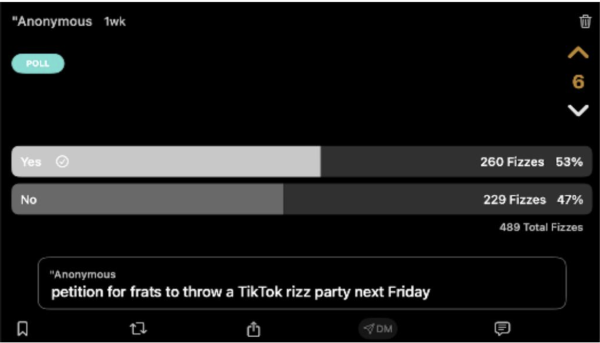Respect Green Day singer’s grief
October 1, 2020
It seems like the perfect timely joke. September has faded into time, and October stretches out before us. Why not take to Twitter to make a Green Day reference that will likely get a chuckle from your friends?
Well, here are a few reasons not to make a joke about waking Billie Joe Armstrong, the lead singer of Green Day, up today and on all Oct. 1’s to “come and pass.”
First, and I suppose, foremost, is that the song “Wake Me Up When September Ends” is about the death of his father. The story goes that after his father’s funeral, a young Armstrong shut himself inside his room to cry and grieve the loss. When someone knocked on his door, Armstrong replied to wake him up when September — the month during which his dad died — was over.
The singer has shown great irritation at those who use a song about his grief for a cheap crack on Twitter or other social media platforms. According to a November 2016 interview in Vulture, Armstrong joked he might write a song called “Shut the F*** Up When October Begins” in “honour” of those who take to Twitter each Oct. 1.
And, quite frankly, if I were in his situation, I would feel the same way. Society seems to expect emotional vulnerability in our lyrics (though not too much, because then it becomes “too sad”), but then throws that vulnerability back in an artist’s face. Armstrong may be a celebrity the caliber of which most people will never reach, but that is not an excuse to make jokes at the emotional vulnerability he shared with the world. No wonder everything nowadays is cruel and callous.
If it were just Armstrong, that would be one thing, but jokes like that discredit the real comfort the song can offer to those who grieve. I know I think of my late grandmother whenever I hear “Wake Me Up When September Ends,” and the song has helped me process some of the emotions that have come with her death, even after all these years (calling to mind the lyrics “Like my father’s come to pass/Seven years has gone so fast”). Jokes made about the song that has helped me through the more difficult times in my life can come as a real punch in the gut.
The third reason that these jokes seem out of touch is because of the emotional weight of the song. Armstrong sang “Wake Me Up When September Ends” during one of the quarantine concerts last spring, which showed the emotional flexibility of the song to depict grief not only for a lost loved one, but for the world we used to know, as well. Again, I think making jokes of the song besmirches that deeper meaning.
I know this seems like a silly hill to die on. There are so many problems out in the world and even on Twitter that delve into the toxicity of human nature and the future of our planet. This may well be the most inconsequential article in the paper today, I understand.
Yet, the reason I set my pen to paper here and dig my heels into this molehill is because it is a matter of human decency. Margaret Mead once said that the hallmark of humanity is the willingness to help another human being who has been hurt. In these days of rage and conflict, I think it is time to think about the nature of the things we say and the jokes we make — even if it is a minor witticism on the first day of October.
Maybe the road to a humane society starts with letting Billie Joe Armstrong sleep a little bit more this October morning.
Or, at the very least, not making him trend on Twitter.























